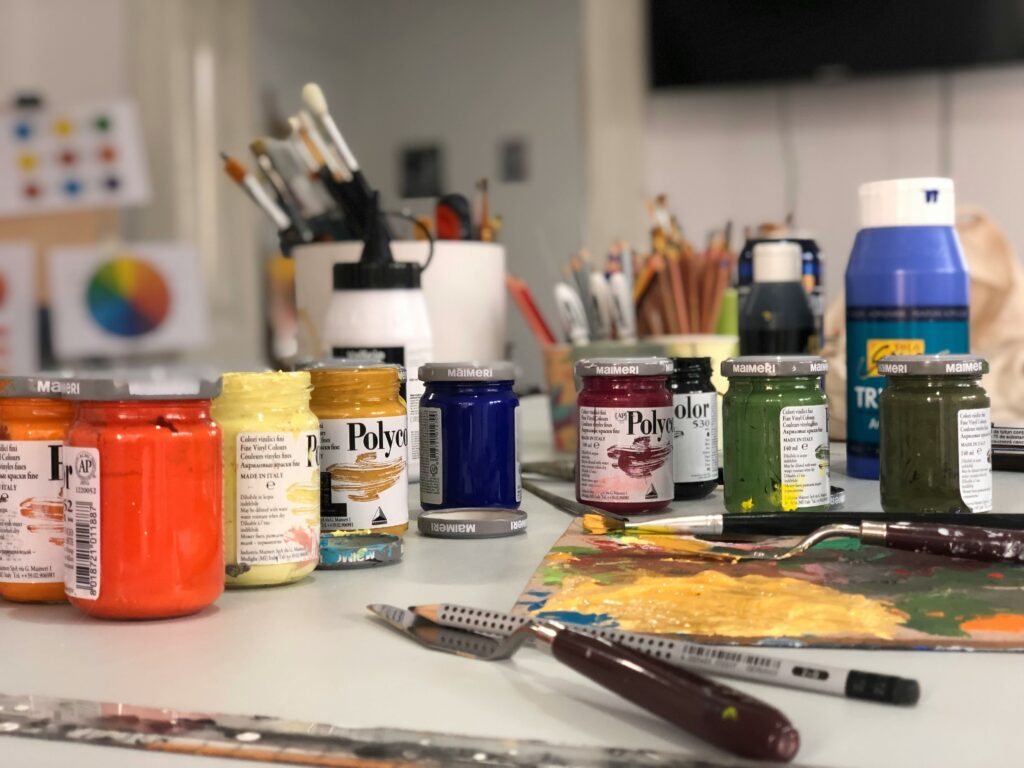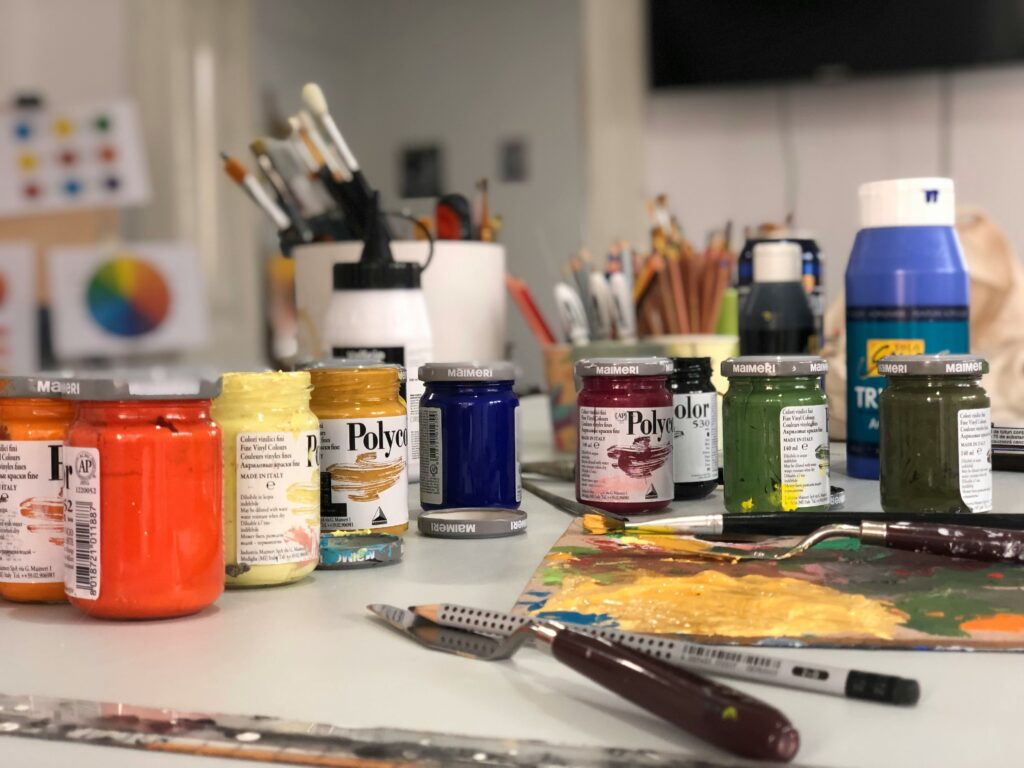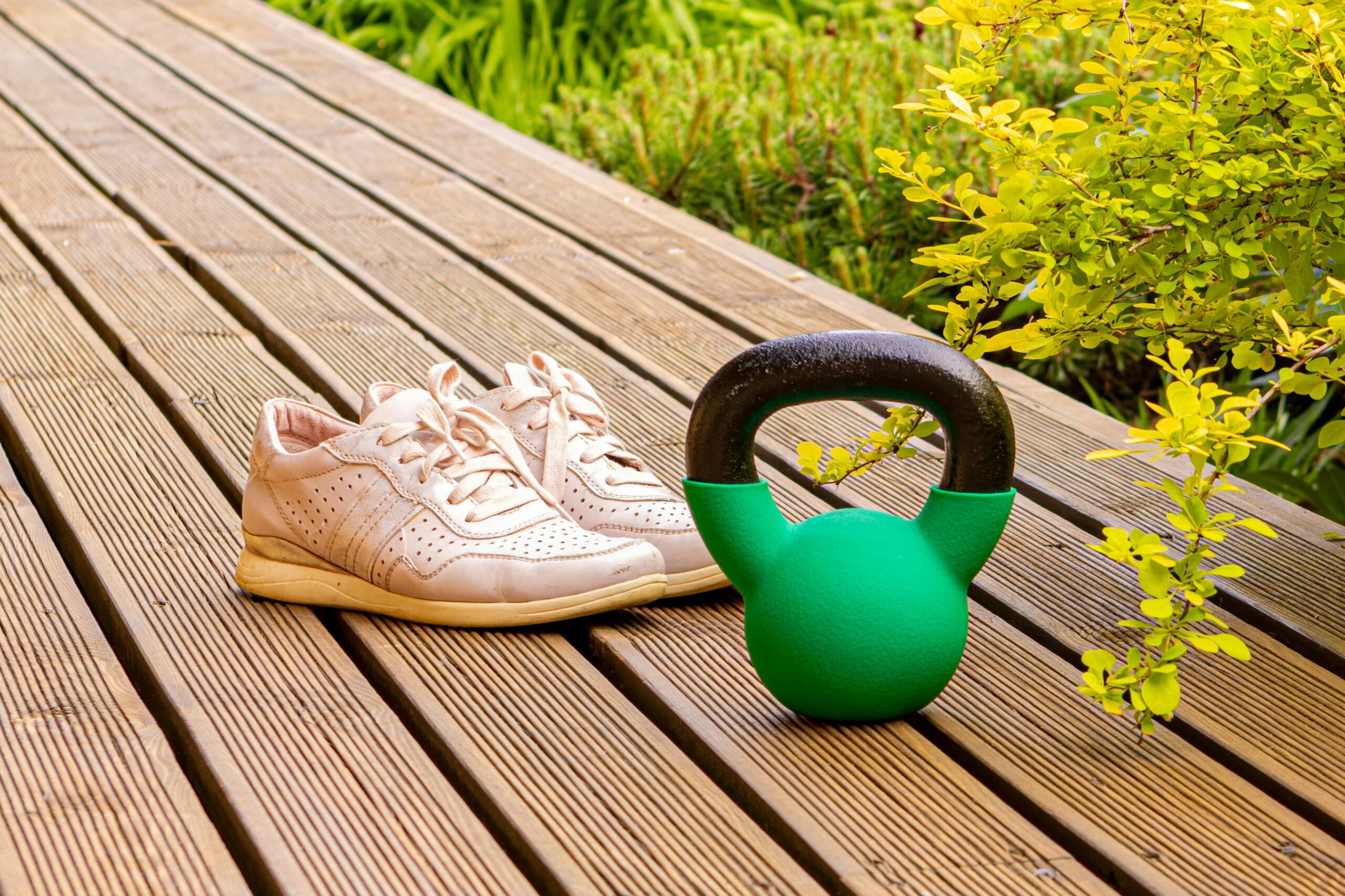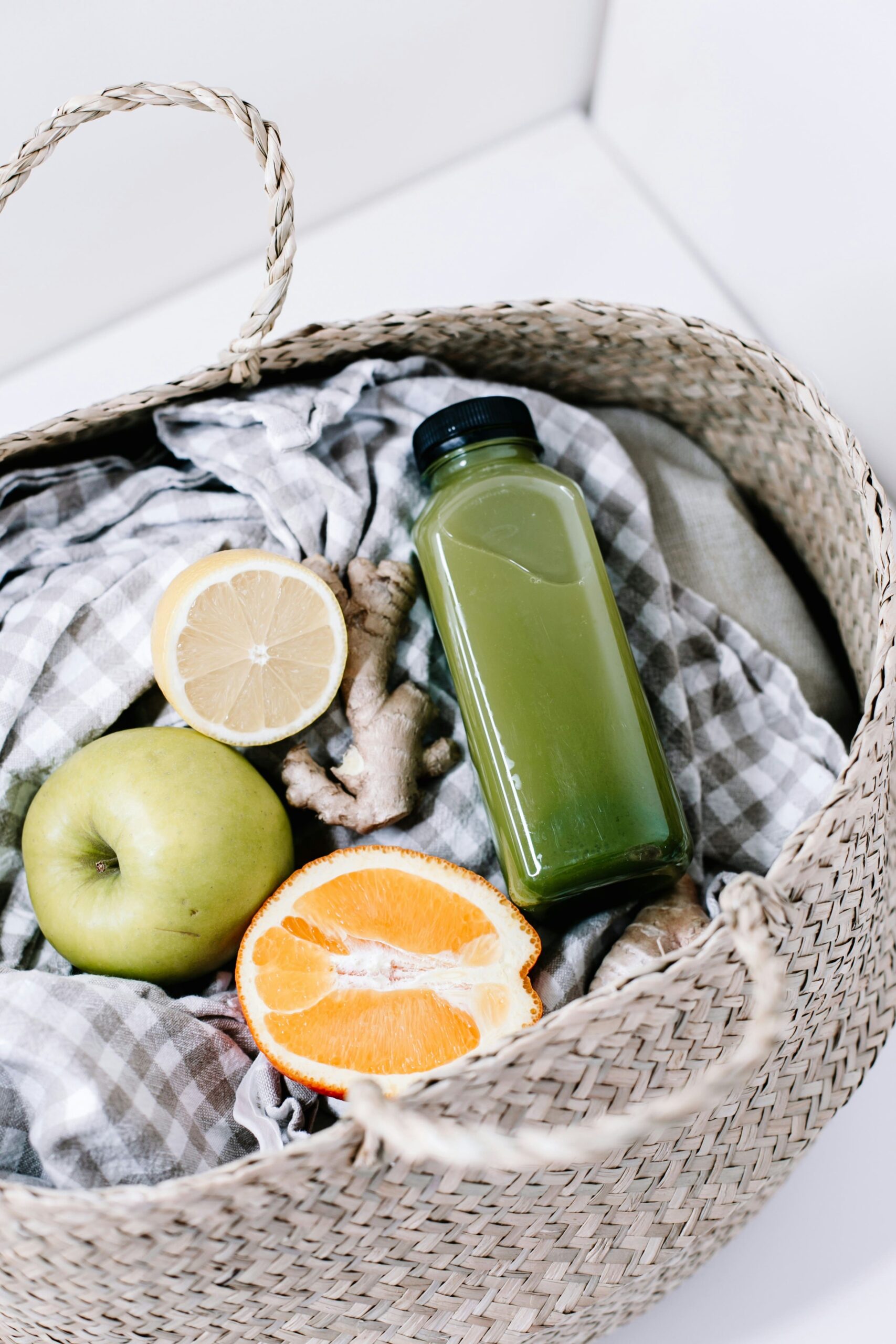Now Reading: Gut Health and Addiction Recovery
-
01
Gut Health and Addiction Recovery
Gut Health and Addiction Recovery
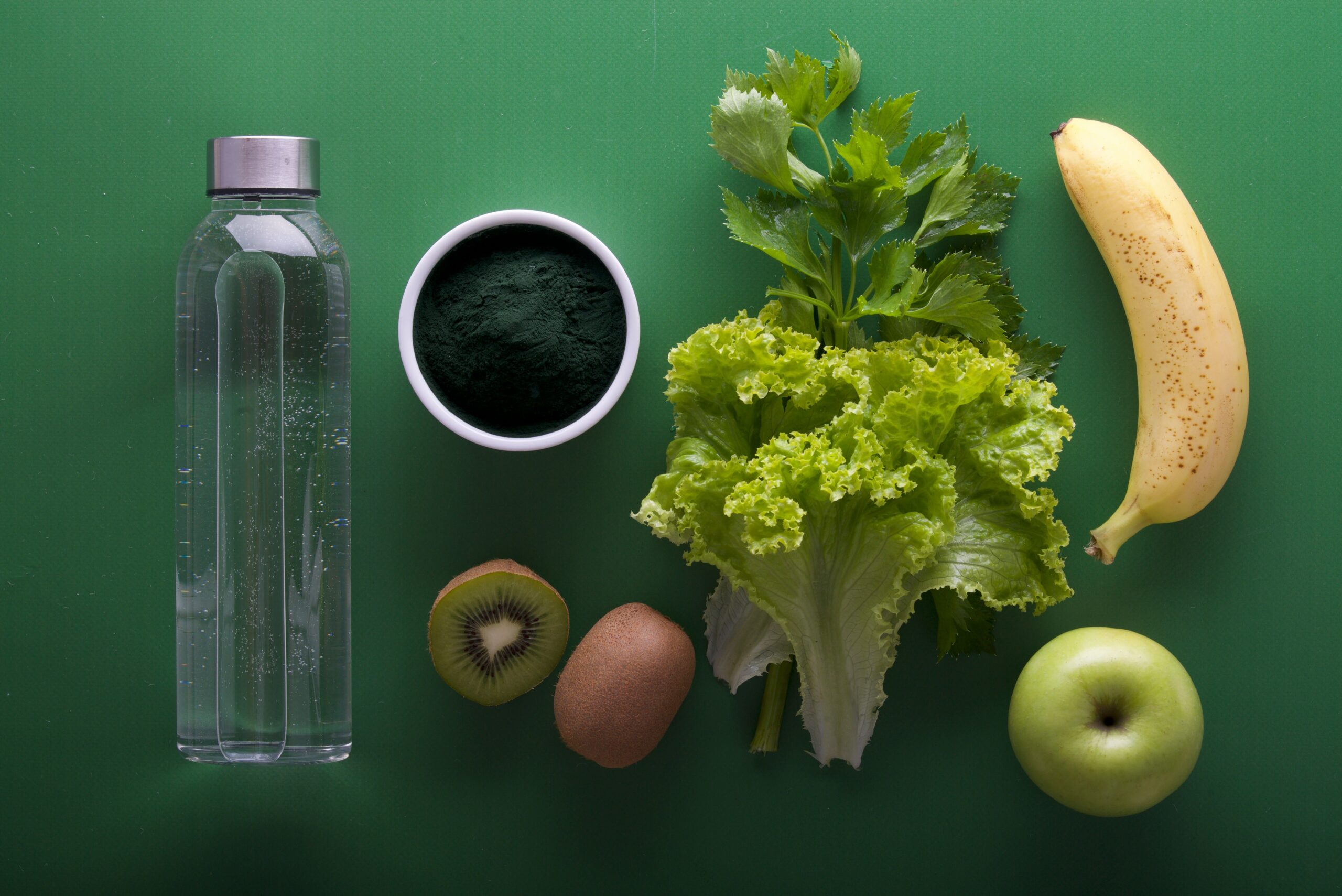
Explore the link between gut health and addiction recovery. Support healing, improve mood, reduce cravings, and restore balance with better digestion.
Introduction
Addiction recovery is about more than breaking free from a substance—it’s about rebuilding your entire system, physically and emotionally. While most people focus on mental health and therapy, there’s a lesser-known but vital player in the recovery process: your gut.
Recent research reveals a powerful connection between gut health and addiction recovery. A balanced gut supports mental clarity, emotional stability, immune strength, and even helps manage cravings. In this article, we explore how restoring your digestive health can play a key role in lasting sobriety.
Understanding the Gut-Brain Connection
Your gut and brain are in constant communication. This connection is called the gut-brain axis. The gut contains millions of neurons and is often referred to as the “second brain.” It sends signals to your central nervous system and directly influences how you feel.
When your gut is out of balance—often due to substance use, poor diet, or stress—it affects your mood, decision-making, and energy levels. In recovery, these symptoms can become overwhelming. That’s why maintaining a healthy gut can improve mental resilience and emotional regulation.
📊 A 2020 study in Frontiers in Psychiatry showed that a healthy gut microbiome positively influences mental health and reduces symptoms of anxiety and depression 1.
How Addiction Harms Gut Health
Substance use—especially alcohol, opioids, and stimulants—can significantly damage gut function. Here’s how:
- Alcohol disrupts the gut lining and kills beneficial bacteria.
- Opioids slow digestion and cause constipation, inflammation, and bacterial imbalance.
- Stimulants reduce appetite and nutrient absorption, weakening gut and immune function.
As a result, people with addiction often suffer from poor digestion, nutrient deficiencies, and inflammation—all of which can negatively affect recovery outcomes.
Why Gut Health Matters in Addiction Recovery
1. Supports Nutrient Absorption
A healthy gut helps absorb essential nutrients like B vitamins, magnesium, and zinc. These nutrients support brain function, improve mood, and boost energy—crucial for people in early recovery.
2. Reduces Cravings
Poor gut health can trigger cravings for sugar, processed foods, or even substances. A balanced gut helps stabilize blood sugar and promotes satiety, making it easier to avoid relapse triggers.
3. Improves Mood and Brain Function
Your gut produces about 90% of your body’s serotonin—a key neurotransmitter that regulates mood. Restoring your gut improves emotional stability and helps reduce symptoms of anxiety and depression common in recovery.
4. Strengthens the Immune System
A healthy digestive system helps your body fight off infections and recover faster. This is especially important since addiction weakens immune function.
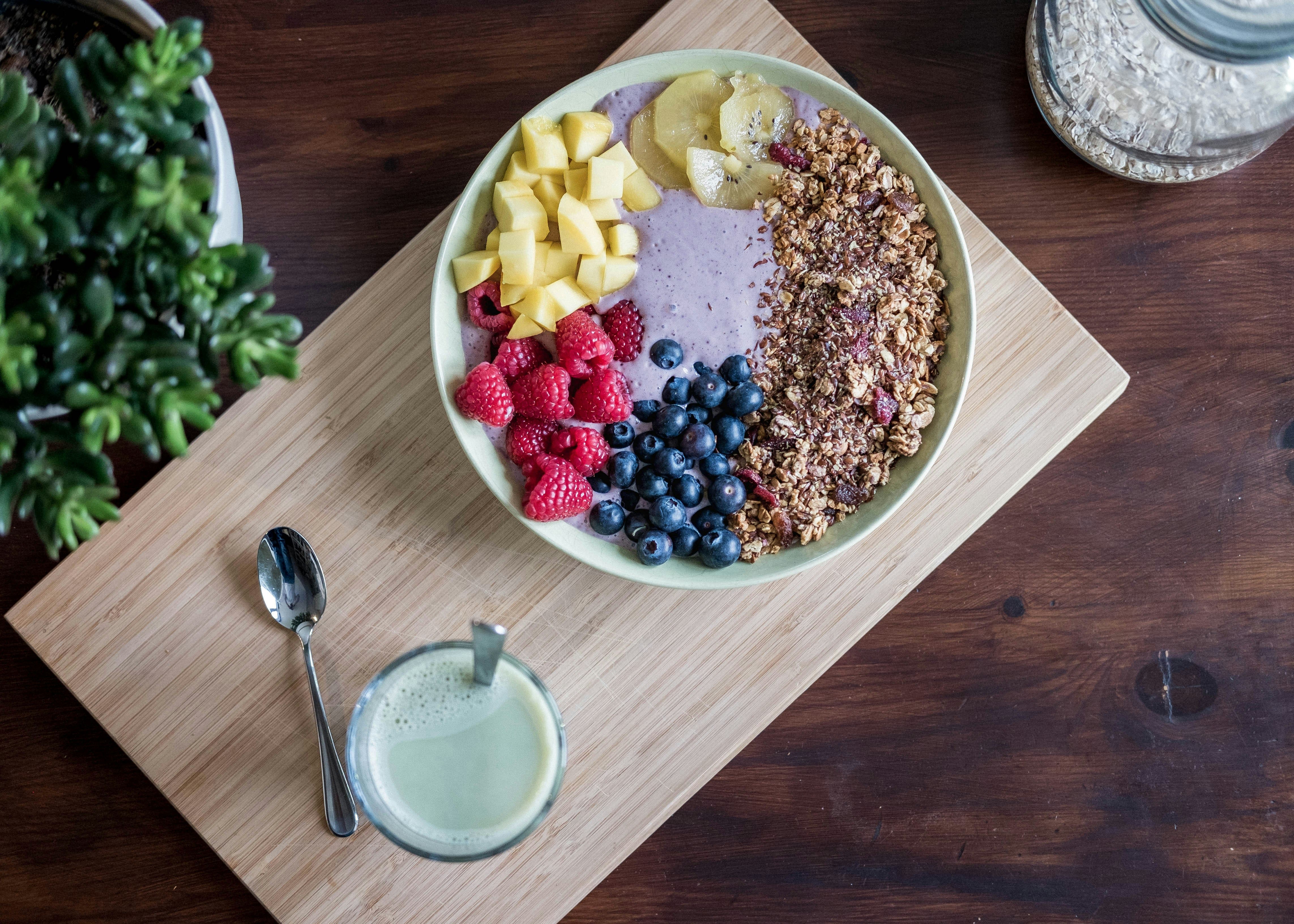
Signs of Poor Gut Health in Recovery
If you’re wondering whether gut health could be affecting your recovery, look for these signs:
- Frequent bloating, gas, or constipation
- Brain fog or difficulty concentrating
- Low mood or increased anxiety
- Cravings for sugar or junk food
- Skin issues or frequent colds
Improving your gut can help relieve many of these symptoms and support a smoother recovery process.
Best Foods to Improve Gut Health and Support Recovery
You don’t need fancy supplements to support your gut. A whole-food, fiber-rich diet can do wonders. Here are some top choices:
🥦 Fiber-Rich Vegetables
- Broccoli, spinach, kale, carrots
- Feed healthy gut bacteria and promote regular digestion
🍓 Fermented Foods
- Yogurt, kefir, sauerkraut, kimchi, miso
- Add beneficial probiotics that restore gut balance
🍌 Prebiotic Foods
- Bananas, garlic, onions, leeks, oats
- Feed existing good bacteria and encourage their growth
🐟 Omega-3 Rich Foods
- Salmon, chia seeds, walnuts
- Help reduce inflammation in the gut and brain
🍵 Herbal Teas
- Ginger, peppermint, chamomile
- Soothe digestive discomfort and reduce bloating
Foods to Avoid for Better Gut Health
To support the connection between gut health and addiction recovery, try limiting:
- Refined sugars – Feed harmful bacteria and increase inflammation
- Processed foods – Contain additives that disrupt gut flora
- Excess caffeine – Irritates the gut and increases anxiety
- Artificial sweeteners – May alter microbiome balance
- Fried or greasy foods – Slow digestion and increase toxin buildup
Sample Gut-Friendly Meal Plan for Recovery
| Meal | Example |
|---|---|
| Breakfast | Oatmeal with chia seeds, banana, and cinnamon |
| Snack | Plain yogurt with blueberries and flaxseeds |
| Lunch | Grilled salmon with quinoa and steamed broccoli |
| Snack | Apple slices with almond butter |
| Dinner | Stir-fry with tofu, mixed veggies, garlic, and ginger |
| Drink | Chamomile tea or warm lemon water |
Healing the Gut Takes Time—Be Patient
Improving gut health doesn’t happen overnight. It’s a gradual process that involves consistency, patience, and care. You may notice improvements in digestion, energy, and mood within a few weeks, but lasting change can take months.
Tips to support long-term gut health:
- Stay hydrated throughout the day
- Avoid skipping meals
- Eat slowly and chew thoroughly
- Manage stress with mindfulness or gentle movement
- Sleep at least 7–8 hours nightly
Research Supporting Gut Health in Recovery
- A 2021 review in Nutrients found that gut microbiome restoration played a crucial role in reducing relapse risk and improving mental health in individuals recovering from substance use 2.
- Another study published in Frontiers in Neuroscience showed that improving gut health enhanced emotional regulation and cognitive function in recovering patients 3.
These studies confirm that gut health and addiction recovery are closely connected—and that healing the gut may improve treatment success.
Final Thoughts
Addiction recovery is a full-body process, and your gut is a key part of the journey. A healthy digestive system supports clear thinking, emotional balance, reduced cravings, and better overall well-being.
By focusing on gut health and addiction recovery, you empower your body to heal from the inside out. Every nourishing bite, every gut-friendly choice, is a step toward lasting wellness and a brighter, more stable future.
References
- Cryan, J. F., et al. (2020). The gut microbiome in mental health: Exploring the link. Front Psychiatry, 11, 570735. ↩
- Liang, S., et al. (2021). Gut-brain axis and its role in addiction recovery. Nutrients, 13(3), 1001. ↩
- Peterson, V. L., et al. (2019). Gut microbiota and emotional regulation in recovery. Front Neurosci, 13, 123. ↩

Jen Sheldon is a seasoned writer with a passion for fitness, health, wellness, and addiction treatment. With years of experience crafting insightful and research-backed content, she helps readers navigate their journey toward better well-being. When she’s not writing, you’ll find her exploring new workout routines or diving into the latest health trends.












